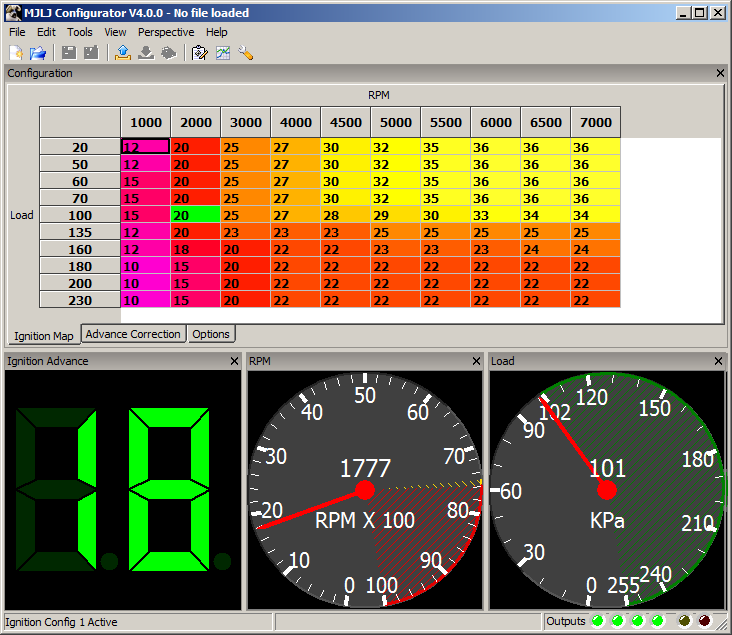LionelHutz said:
Yes, a theoretical limitless hp and an ICE being constant torque are exactly the same thing. How could I have missed that point.
I can't believe how condescendant you are, but I'm sorry if I'm not sure what you don't understand. This might be a quote of interest from the same earlier post:
(The motor vehicle said:
If the mean effective pressure (mep) and the mechanical efficiency of an engine remained constant as the speed increased, then both the indicated and brake horsepower would increase in direct proportion to the speed, and the characteristic curves of the engine would be of the simple form shown in fig. 1.5
And before you say anything, torque is directly proportional to mep (in theory; in practice, I know that you have to considered friction mep as well). So, in theory, the torque also remained constant as the speed increases. The rest of the post (not me, the reference) explains why practice differs from theory.
LionelHutz said:
You posted that complete nonsense about electrical motors being constant HP and having limitless torque at low rpm's as if it was a fact. You backpedaling with this "in theory" BS to justify your claims. Now you're saying they are constant torque up to a certain speed, but that doesn't matter because it's only a small portion of the operating range? I can't even follow what you're claiming anymore.
I said
in theory electric motors have infinite torque at zero rpm. Of course, there is an actual limit in practice (as I have stated). And that limit will apply within a certain speed range, i.e. when you will reach
rpm = Pmax / Tmax. I think I clearly demonstrate, with appropriately referenced real world examples, that it is a small portion of the rpm range (Of course, one can use an oversize motor for their needs and use it only in the lower rpm range). You have to be of bad faith to twist my words that way.
LionelHutz said:
The fact that the locomotive specific application runs a motor well above the voltage limit doesn't change anything about what I posted. [...] The locomotive is a rather specialized application.
I'm sorry if the theory that I did not create - that I can provide references from other quality sources - do not match your unreferenced statements. I'm sorry if electrical motors used in cars and locomotives do not match you electric motor experience.
LionelHutz said:
You should really be more careful with your broad generalized use of "electric motors". The series wound DC locomotive motor in not the only type of electric motor.
I'm not specialized in electrical motors, so sorry if I did not mentioned «series-wound» electric motors as was specified in one of my source. One would think that someone specialized in that domain would of understood what I was referring to.
I just brought up the electric motor to explain to another person how we can
approximately generalize a power curve for different power sources, which was not even an important statement by itself.
![[banghead] [banghead] [banghead]](/data/assets/smilies/banghead.gif)
Because, in the end, my point is that
engine load is a synonym for engine torque. Period (as would say Panther140).
Now, if some people want to twist my words by selecting them one by one and then taking something out of their head with absolutely no reference other than «I'm right because I know», have your fun at it. But if you will accuse me of being wrong and laugh at me, I will defend myself with arguments and references.


![[rofl] [rofl] [rofl]](/data/assets/smilies/rofl.gif)
![[banghead] [banghead] [banghead]](/data/assets/smilies/banghead.gif)
